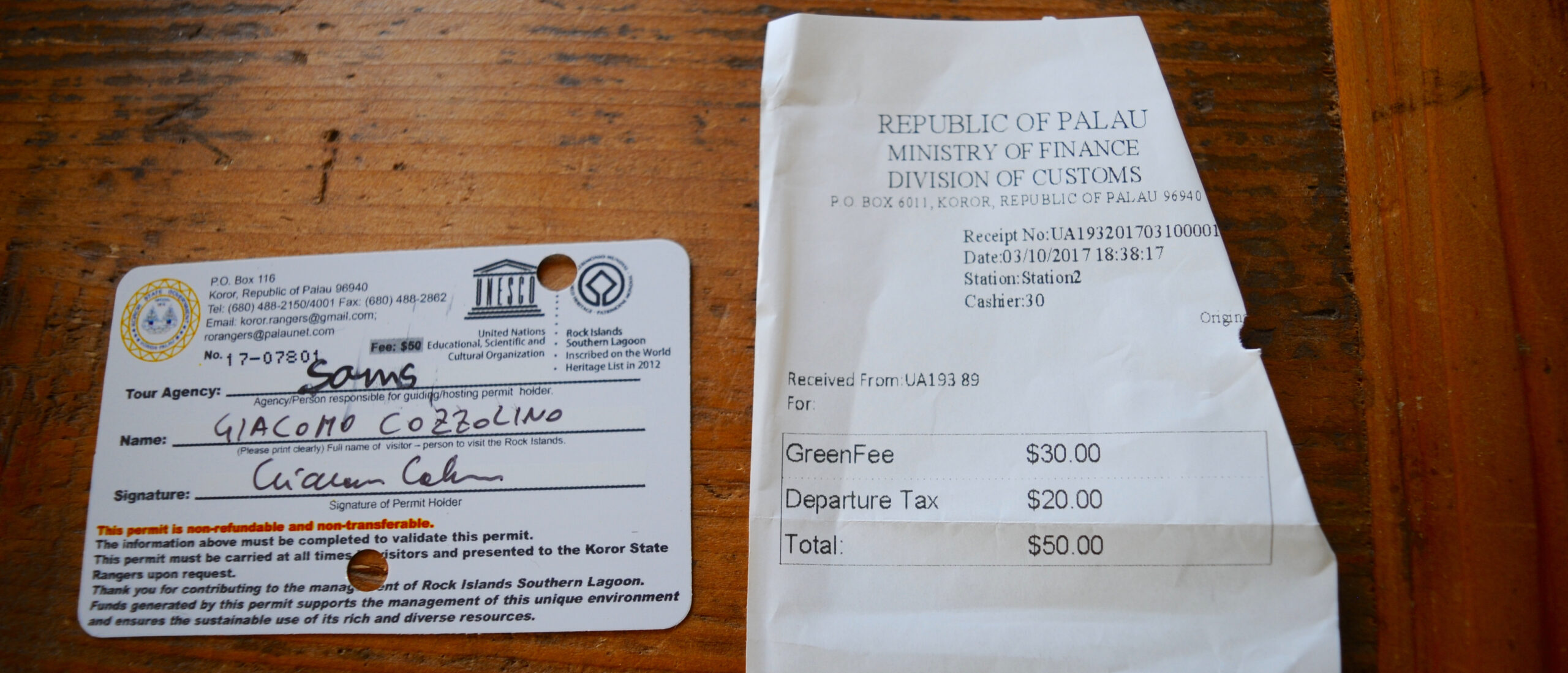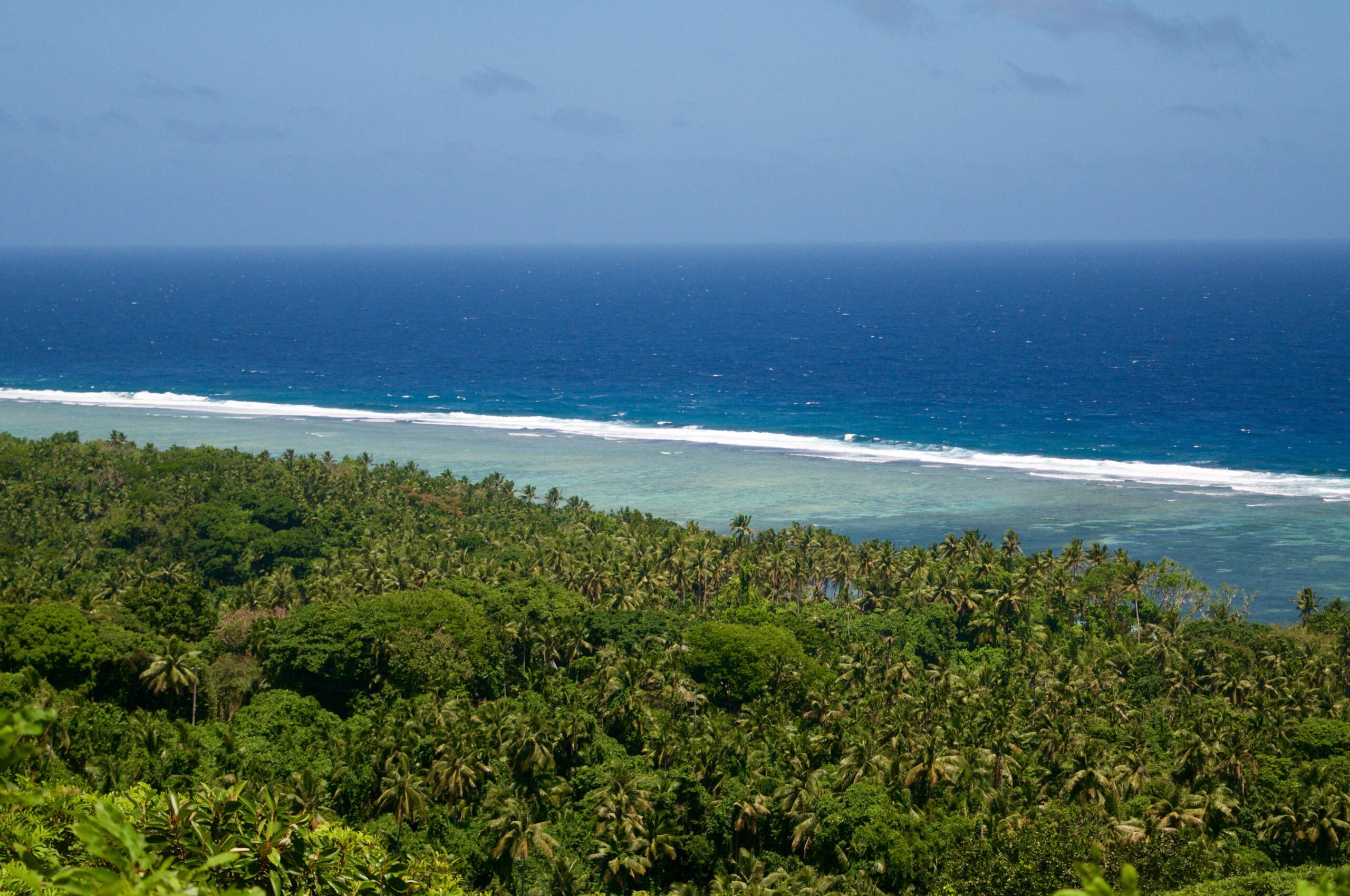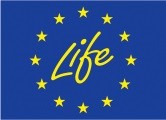Italy has an historical partnership with the PSIDS (Pacific Small Islands Developing States), including Palau. For example, in 2015, permanent missions from Palau and Italy organized, with the support of the Global Partnerships Forum and of the Sustainable Oceans Alliance the forum Healthy oceans and seas: a way forward while Telespazio, a company of the Italian Finmeccanica Group, signed a memorandum of understanding on earth observation with the Republic of Palau. The Italian Minister of the Environment supports Palau in the
The Micronesia Challenge is a commitment by the Federated States of Micronesia, the Republic of the Marshall Islands, the Republic of Palau, Guam, and the Commonwealth of the Northern Marianas Islands to preserve the natural resources that are crucial to the survival of Pacific traditions, cultures and livelihoods. Thomas Remengesau Jr, President of the Republic of Palau, talking about the Micronesia Challenge, declared that “Environment is our Economy”.
Palau has one of the largest portions of species that occurs nowhere
At the global level, there are significant running costs associated with recurrent management and investments in protected areas. This is particularly evident in developing countries, where the total annual funding shortfall (total cost minus current funding) is estimated between USD 1.0 and 1.7 billion per year. In this scenario, the Aichi Biodiversity Target n. 20 provides that “By 2020, at the latest, the mobilization of financial resources (…) should increase substantially from the current levels” Mobilizing financial resources may
The main purpose of the protected areas designation is biodiversity conservation. However, in many countries, other reasons can become the main motivations for establishing a protected area, like, for example, the preservation of traditional values, the conservation of peculiar landscapes and seascapes, the protection of archeological and historical sites and the sustainable management of ecosystems goods and services. In Palau, the Protected Areas Network (PAN) is not only the pillar of biodiversity conservation, but also the spine of
As a signatory of the Micronesia Challenges, Palau is committed to effectively conserve at least 30% of the near-shore marine resources and 20% of the terrestrial resources by 2020. The achievement of these objectives can significantly contribute to the conservation of ecosystem services and their valorization.
On October 10, 2016 there was a Kick-off meeting in Brussels on “Information & Governance” LIFE projects, financed in 2016. The main topic of the conference was the new financial reporting system of projects. Alessandro Piazzi attended the meeting as a representative and the coordinator of the ASAP LIFE Project.
As part of its Smart Regulation policy, the European Commission in December 2012 initiated the Regulatory Fitness and Performance Programme (REFIT), a rolling programme to keep the entire stock of EU legislation under review. It affects the whole policy cycle, from initiation to evaluation, and aims to make EU law simpler and less costly. On February 2, 2016 the review process of the Nature Directives was concluded[1]. A process that started one year ago to promote citizen participation
Stopping the illegal wildlife trade is one of the most important and urgent problems of international organizations for biodiversity protection. There’s been an unprecedented growth in illegal wildlife trade across the world in recent years, which is threatening to overturn decades of conservation successes. Especially for iconic animals like rhinos, elephants and tigers. The numbers are horrific: around 20,000 African elephants killed by poachers each year, and the number of rhinos killed in South Africa has consistently increased since 2007. But it’s not
Environment Action Programmes provide a general policy framework for the European Union’s environment policy in which the most important medium- and long-term goals are defined and set out in a basic strategy, if applicable, including concrete measures to be taken. Environment Action Programmes date back to a Conference of Heads of State and Government held in October 1972, where States agreed that a common Community environmental policy was essential and called on the Commission to develop an Environment Action Programme.
Sustainable development has since long been at the heart of the European project and the EU Treaties give recognition to its economic, social and environmental dimensions that should be tackled together. The essence of sustainable development is a life of dignity for all within the planet’s limits and reconciling economic efficiency, social inclusion and environmental responsibility. The EU, to achieve these objectives, sets out its priorities with “The 2030 Agenda for Sustainable Development”, that includes 17 Sustainable Development Goals (SDGs) and











